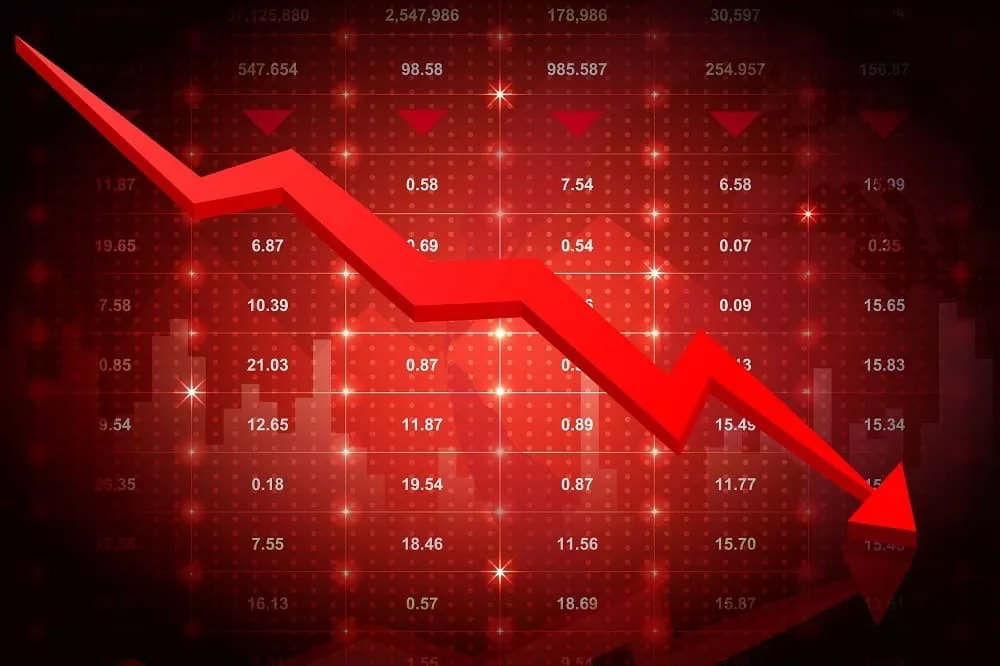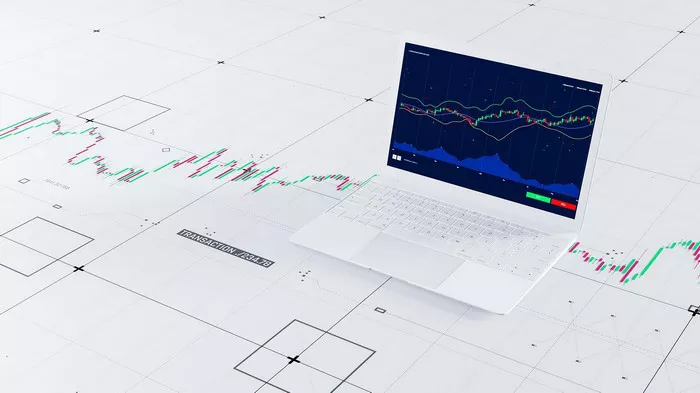The invention of stocks is deeply tied to the origins of financial markets and economic growth across the world. It is important to understand the historical context in which stocks emerged, how they evolved over time, and how they have become an integral part of the modern economy. This article will explore the history of stocks, from their early origins to their development into the complex financial instruments we know today.
What Are Stocks?
Before delving into the history of stocks, it is crucial to define what they are. A stock represents partial ownership of a company. When a person buys a stock, they essentially purchase a small piece of that company. Stocks are also known as shares or equities, and their value can rise or fall based on the performance of the company. Investors buy stocks with the hope that the company will do well, leading to increases in the stock’s value.
The Early Beginnings of Stocks
The idea of stocks is not a modern invention. It can be traced back to the 16th century, during the rise of trade and exploration. The concept of raising capital for large ventures and sharing the risk and reward with others began to take shape. The roots of the stock market can be traced to the first joint-stock companies, which laid the foundation for the creation of stocks.
The Birth of the First Joint-Stock Company
The first known joint-stock company was the English East India Company, established in 1600. This company was created to manage the growing trade between England and the East Indies. It allowed investors to buy shares in the company, effectively granting them ownership in exchange for capital. These investors would share in the profits, based on the percentage of shares they held.
This innovation was revolutionary because it allowed individuals to pool their resources to fund large ventures, such as international trade expeditions. The concept of owning a portion of a company without being personally liable for its debts was an important development in the evolution of the stock market.
Early Trading and the Birth of the Stock Market
Once joint-stock companies were established, the next logical step was to create a marketplace where shares could be bought and sold. The first stock exchange is commonly regarded as the Amsterdam Stock Exchange, which was founded in 1602 by the Dutch East India Company. The Amsterdam Stock Exchange became a model for other stock exchanges that would follow, including the London Stock Exchange and the New York Stock Exchange.
In Amsterdam, traders gathered in a centralized location to trade shares of the Dutch East India Company. This exchange quickly grew in popularity, attracting investors from all over Europe. It was here that the concept of buying and selling stocks began to take shape as a legitimate financial market.
The Role of Dutch Merchants and Early Speculation
Dutch merchants played a pivotal role in the development of the stock market. They were among the first to understand the potential of stocks as a financial instrument. These merchants, who were involved in international trade, saw the opportunity to raise funds for large ships and trading expeditions by issuing shares to the public.
As the market grew, so did the opportunity for speculation. Investors began buying shares not only for their intrinsic value (as ownership in a company) but also for the potential to sell those shares at a profit later. This led to the rise of stock speculation, where individuals bought stocks based on the expectation that the price would rise, even if the underlying company was not necessarily performing well. Speculation and the desire for quick profits would become a central part of stock markets for centuries to come.
The Evolution of Stocks in the 18th and 19th Centuries
The 18th and 19th centuries saw the rapid growth of stock exchanges around the world. As the Industrial Revolution took hold, the need for capital to fund large-scale enterprises grew. Companies in industries such as mining, railroads, and manufacturing required significant investments to expand operations. Stocks became a way to finance these ventures.
The Rise of the London Stock Exchange
In the early 18th century, London became a financial hub, and the London Stock Exchange (LSE) was officially formed in 1801. However, stock trading in London had been taking place informally for decades prior to this. Early traders, known as “stock jobbers,” would meet under a tree in the Royal Exchange in London to buy and sell shares of various companies.
The London Stock Exchange helped formalize the process of buying and selling stocks, and it became one of the most important financial markets in the world. The LSE was integral to the growth of the British Empire, as it allowed companies to raise capital for ventures in both the colonies and Europe.
The Growth of the New York Stock Exchange
In the United States, the New York Stock Exchange (NYSE) was founded in 1792 by a group of 24 stockbrokers who signed the Buttonwood Agreement. This agreement marked the beginning of the NYSE, which would grow to become the largest stock exchange in the world by market capitalization.
The rise of the NYSE was closely tied to the growth of the U.S. economy. As the country expanded westward and industries such as railroads and manufacturing flourished, companies needed capital to fund their growth. The NYSE provided a platform for investors to buy and sell shares, and the market grew rapidly in the 19th century.
The Modern Stock Market and Its Impact
The modern stock market, with its intricate systems of buying and selling shares, can trace its roots back to the early joint-stock companies of the 17th century. Today, stocks are traded electronically on stock exchanges around the world, and millions of people participate in the market, from individual investors to large institutional investors.
The Role of Technology in the Stock Market
Advances in technology have dramatically changed the way stocks are traded. The invention of the telegraph, the telephone, and the computer all played a role in improving the efficiency of the stock market. In the 20th century, the rise of electronic trading platforms revolutionized the process, allowing investors to buy and sell stocks in real-time from anywhere in the world.
Today, most stock exchanges operate electronically, with trades executed by algorithms and computers. This has led to faster and more efficient markets, but also to new risks, such as the rise of high-frequency trading and market volatility.
The Globalization of the Stock Market
In the 21st century, stock markets have become truly global. Investors can trade stocks on exchanges in different countries, and companies can list their shares on multiple exchanges simultaneously. This has created new opportunities for investors and has allowed companies to access capital from around the world.
The globalization of the stock market has also led to increased interconnectivity between different economies. A financial crisis in one country can quickly spread to others, as the global stock markets are all interconnected. This has created both new opportunities and new risks for investors.
Conclusion
The invention of stocks marked the beginning of a new era in finance, one that allowed individuals to pool their resources to fund large-scale ventures. The creation of joint-stock companies in the 17th century, followed by the establishment of stock exchanges in cities like Amsterdam, London, and New York, laid the groundwork for the modern stock market.
Today, stocks are a cornerstone of the global economy, providing companies with the capital they need to grow and allowing investors to share in the success of those companies. The evolution of stocks from a novel idea to a complex financial instrument is a testament to the ingenuity of early traders and their desire to innovate.
As the stock market continues to evolve with the advancement of technology and globalization, it will remain a central component of modern economies, shaping the way businesses raise capital and investors seek opportunities for growth.
Related topics:

































